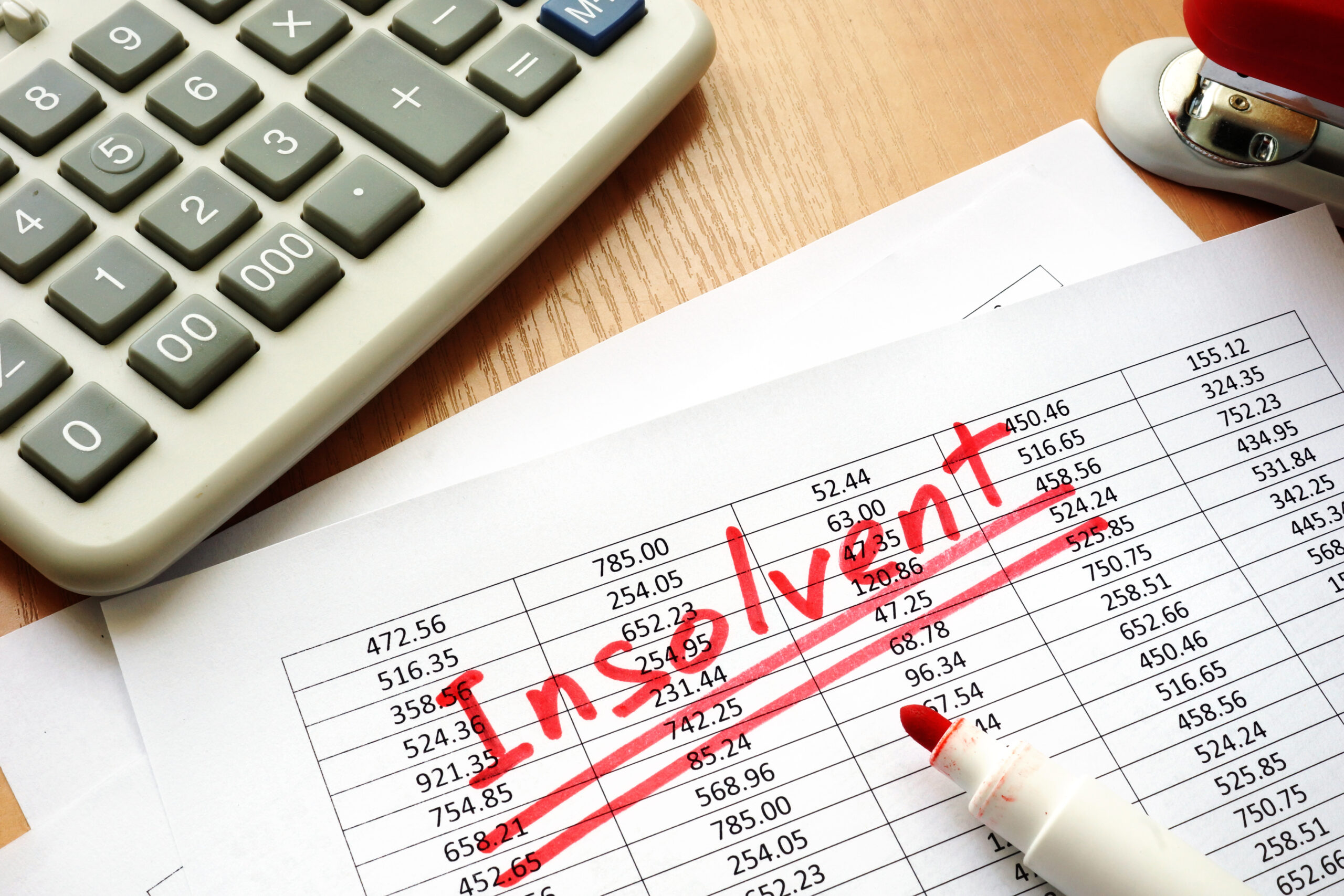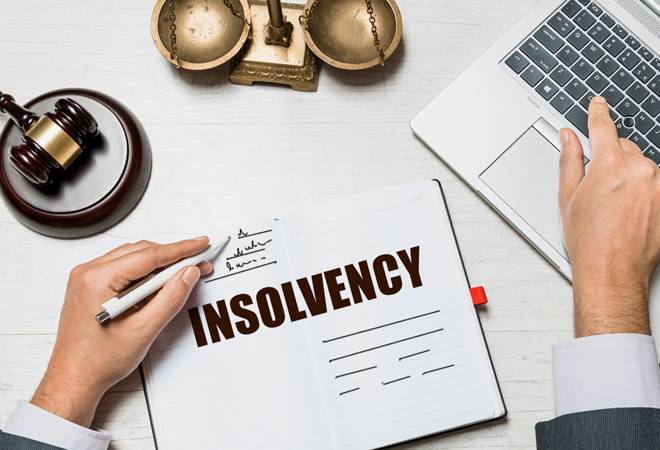The 15-Second Trick For Insolvency Practitioner
The 15-Second Trick For Insolvency Practitioner
Blog Article
The 7-Second Trick For Insolvency Practitioner
Table of ContentsWhat Does Insolvency Practitioner Do?The Best Guide To Insolvency PractitionerThe Ultimate Guide To Insolvency PractitionerThe Facts About Insolvency Practitioner UncoveredThe Single Strategy To Use For Insolvency PractitionerThings about Insolvency PractitionerLittle Known Facts About Insolvency Practitioner.
Personal bankruptcy is the process wherein a company is wound up and its possessions are offered off to pay financial institutions. This is normally the last hotel, as it can have a really unfavorable effect on the firm's online reputation. Receivership takes place when a company is incapable to pay its financial obligations and is put under the control of an exterior administrator.Volunteer management resembles receivership, yet it is started by the supervisors of the company as opposed to the creditors. This alternative is commonly utilized when a business is dealing with financial troubles but there is still wish that it can be reversed. Company bankruptcy is a complicated and major problem that can have significant implications for businesses of all sizes.
Not known Facts About Insolvency Practitioner
With the ideal aid, you can guarantee that your service has the very best chance of weathering this difficult time.

Care for your employees As a company, you need to monitor and supply assistance to your workers throughout this stressful time. Know any possible health and wellness and wellness issues they may experience because of: job insecuritytransitioning through the sale of the businesschange in proprietors. You can: There are broadly 2 scenarios in which you would willingly shut your service.
All About Insolvency Practitioner
You likewise: do not desire to, or can't, offer the businesshave no-one to take it over. You may be closing your service because: it's not covering its expenses and running costsyou can't maintain the operating costs while trying to market it.
This might avoid you from ending up being financially troubled or insolvent, and aid you to leave business without any kind of long-lasting influences. There are numerous things you require to address before shutting your company. It is very important to have a departure approach. Your accountant, solicitor or organization advisor will certainly be able to help you with this.

Insolvency Practitioner - Questions
You must settle all tax obligation issues for your organization, even if it's no more trading. This includes your obligations regarding settlement of: fringe advantages taxpay-as-you-go (PAYG)superannuationemployment termination. Find out more about these commitments to staff members. You'll additionally need to terminate your employees' compensation plan by following directions on web page 4 of the WorkCover understanding your employees' payment crash insurance policy (PDF, 828KB).
Insolvency happens when your service can not pay its debts, which can result in your company shutting down. Various bankruptcy treatments apply to individuals and firms.
If you try to handle it on your own, you'll require to communicate with every financial institution independently to attempt to work out normal settlement amounts. Insolvency or personal bankruptcy advisers can: support you through the processhelp you understand your optionsnegotiate with your lenders in your place. They hold particular licences and qualifications in this specialist area.
Some Ideas on Insolvency Practitioner You Need To Know
It is essential to identify monetary trouble early so you see can consider ways to stay clear of bankruptcy. You need to also know lenders putting queries or defaults versus your credit rating file. You should constantly seek monetary and lawful guidance when you are having trouble handling your financial debts. It's tough to spend for this guidance when you're in economic difficulty.

3 Easy Facts About Insolvency Practitioner Explained
Business insolvency and liquidation An 'insolvent firm' is not able to pay its debts or cover the cost of its expenses. In some scenarios, bankrupt firms may go right into liquidation. Liquidation is when an independent registered liquidator is designated to take control over the firm and end up the company service in an orderly means.
As noted in the Intro, while the report shares certain choices with regard to several of the more vital of these selections, it does not attempt to establish criteria in this complex area. Furthermore, it may need to be updated in the future to consider developments in this area.
The Of Insolvency Practitioner
Sonia Piccinini committed considerable time and initiative in the prep work of this magazine. The sights revealed in the report are those of the IMF's Legal Department and should not be credited to dig this the Executive Directors or the Management of the IMF (Insolvency Practitioner). FRANOIS GIANVITI Current experience has actually shown the degree to which the absence of organized and reliable insolvency treatments can intensify economic and financial situations
Report this page